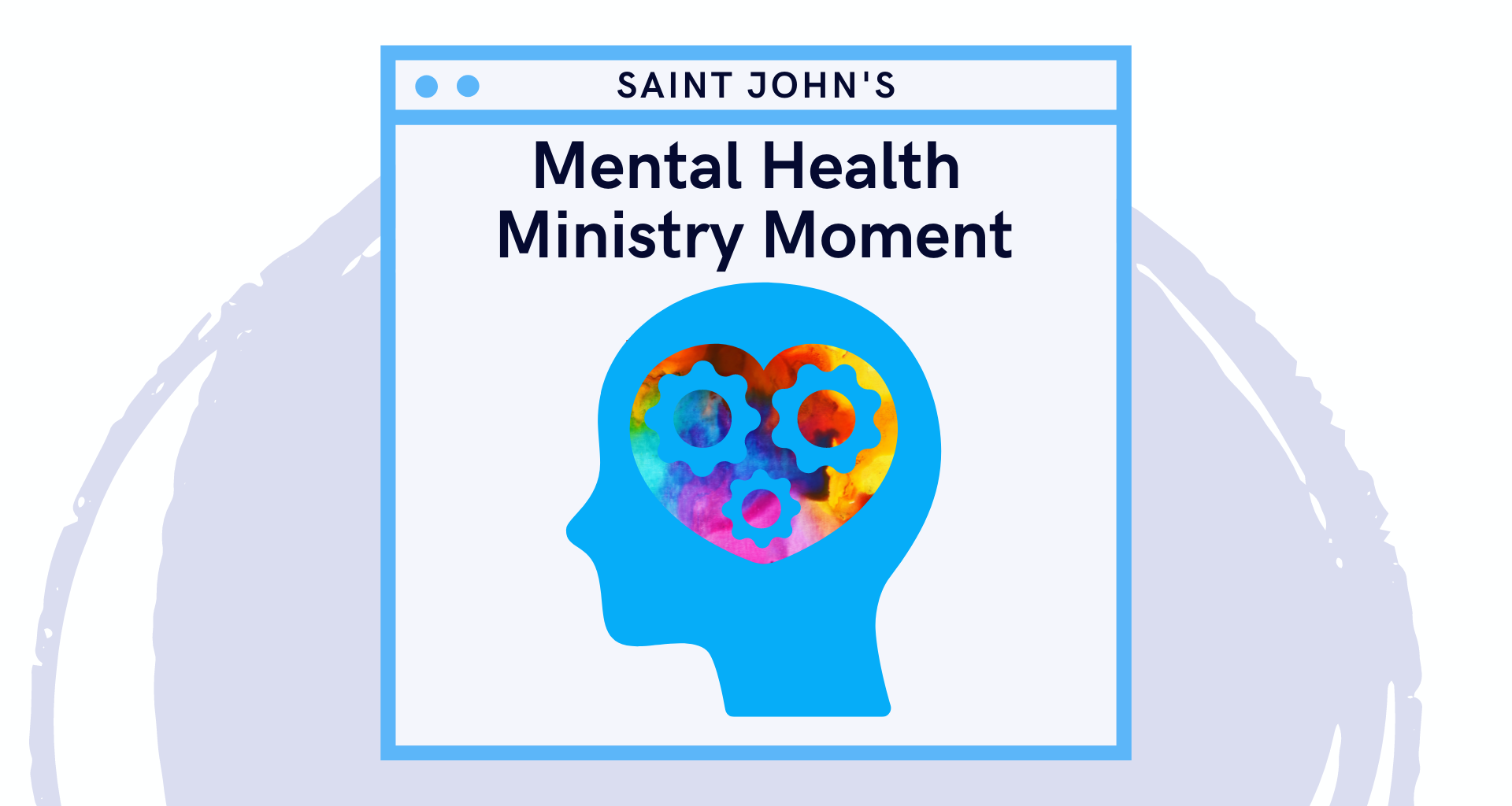September is Suicide Prevention Awareness Month
September 20, 2023

Addiction is a serious chronic disease that disrupts and ruins lives. Ultimately, it destroys lives without discrimination of race or socio-economic stature. It doesn’t matter how smart, kind, or faithful you are. Addiction can distort brain chemistry in a way that defies logic and common sense.
The term, addiction, means to have a chronic, compulsive behavior, or set of behaviors, that dominate one’s life regardless of the negative consequences to family, work, or social life. While any addiction, like addiction to gambling, sex, or spending can have dire consequences, drug and alcohol addictions are by far the most fatal.
According to the National Center for Drug Abuse Statistics, half of people age 12 and older have used illicit drugs at least once. There have been at least 700,000 drug overdose deaths in the US since 2000 and are nearing one million. And 35 billion dollars of the federal budget has been spent on the drug abuse problem since 2020 (some would say not enough).
Oddly, it often begins as a coping strategy for dealing with stress, such as pressures on the job or raising kids alone. It can be a means of relaxing, winding down, or in more extreme cases, managing anxiety and/or depression. Drug and alcohol abuse commonly is coupled with life trauma such as physical, emotional, or sexual abuse. What begins as a coping mechanism, often, profoundly compounds the problem, becoming a dual diagnosis, psychiatrically speaking.
The good news is that addiction science continues to advance and improve treatment for those addicted, but it is often costly and grossly underfunded for those without medical benefits. The result of inadequate care is that far too many end up incarcerated or homeless.
The stigma attached to individuals who have addictions is just about as devastating as the disease itself. Often, the presumptions are that alcoholics and drug addicts simply don’t want to quit and are intentionally burdens on society. The truth is that they have a disease that is biochemically and psychologically very difficult to overcome. When families, other support systems, and society at large turn their backs, the prospects of recovery diminish further.
However, with appropriately educated support, which is not based on codependency, but genuine love with boundaries, and proper resources: Alcoholics Anonymous, Narcotics Anonymous, etc, addicts do have a more reasonable chance at sober living. With God’s love, addiction can be successfully managed, one day at a time.
September 20, 2023
August 09, 2023
July 10, 2023